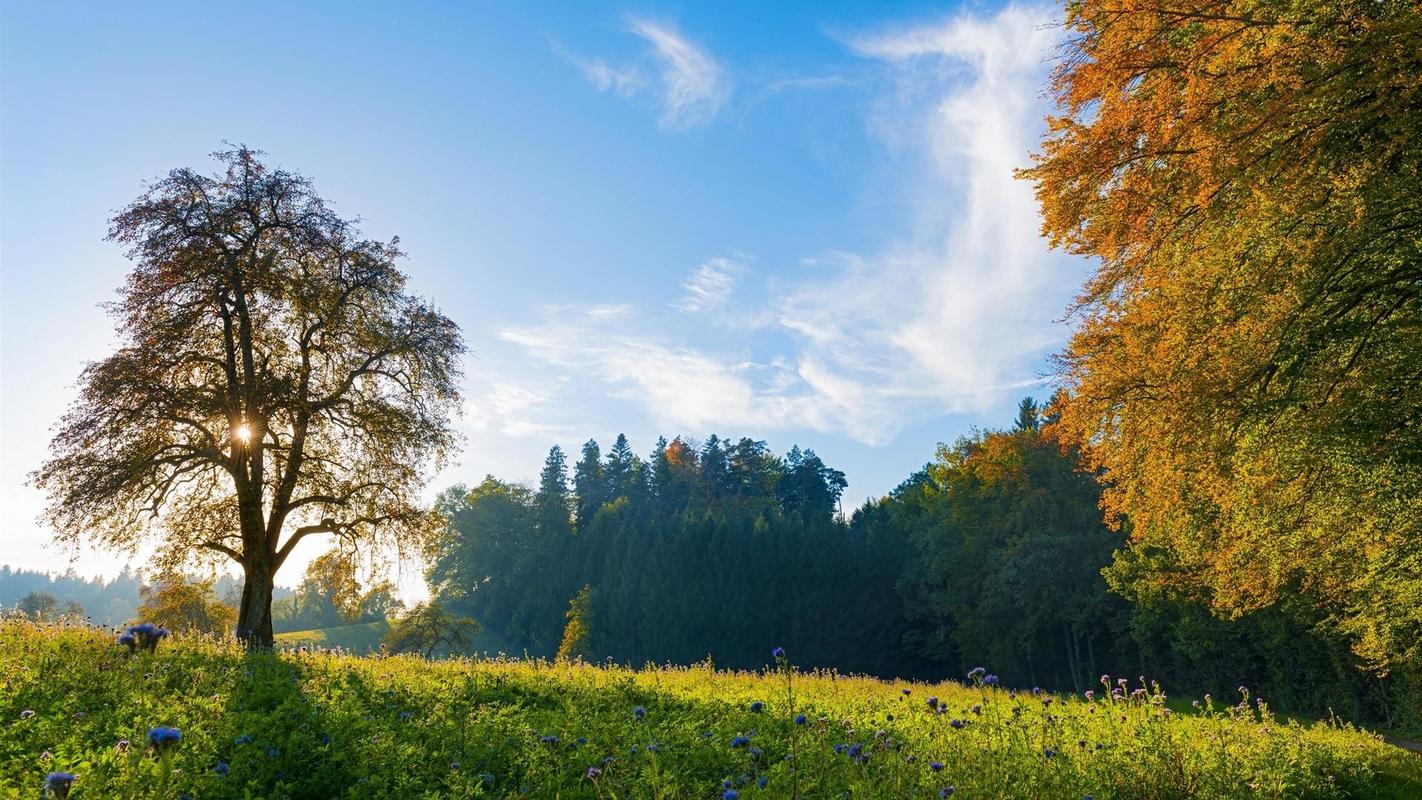Growing up, I never had a solid understanding of what my cultural identity was. My parents were both immigrants to the United States, and they raised me in a predominantly white suburb where it often felt like my experiences were at odds with those of my peers. For a long time, I struggled to reconcile my heritage with the culture I was surrounded by every day.
In high school and college, I began to feel an urge to explore my family’s history and learn more about where I came from. I found myself drawn to books and documentaries that delved into the histories of different countries and cultures, and I started seeking out communities of people who shared similar backgrounds to my own.
What started as a personal curiosity soon turned into a deep appreciation for the richness and complexity of my heritage. As someone who had grown up feeling like an outsider in my own skin, rediscovering my cultural identity was a liberating and affirming experience.
Here are some of the key insights and observations I’ve made on my cultural identity journey so far:
1. Culture is not a monolith.
One of the most important lessons I’ve learned is that culture is not a fixed, static entity. It comprises a wide range of beliefs, rituals, customs, and norms that can differ significantly even within the boundaries of a single country or region. For example, my parents both came from India, but their respective upbringings in different parts of the country gave them distinct cultural traditions and practices.
2. Finding a sense of belonging is crucial.
As someone who has always felt like something of an outsider, I’ve come to appreciate how important it is to feel a sense of belonging to a larger community. Whether it’s through attending cultural events, participating in social media groups, or simply connecting with other people who share my background, finding a sense of kinship has helped me feel more grounded and connected to my roots.
3. Rediscovering your heritage can be emotionally challenging.
When I first started delving deep into my cultural heritage, I was surprised by how emotional and overwhelming it could be at times. Learning about my family’s history uncovered long-buried traumas and struggles that were difficult to confront. However, the process of grappling with these issues has ultimately been empowering and healing.
4. Embracing your heritage can be a powerful form of resistance.
In a world that often values homogeneity and assimilation, finding pride in your cultural heritage can be a radical act. By embracing the traditions and practices that make us unique, we not only celebrate our own identities, but we also push back against the forces that would seek to erase or suppress those identities.
In conclusion, unearthing my cultural identity has been a deeply personal and rewarding journey that has helped me feel more connected to my roots and more grounded in my sense of self. Through this experience, I’ve learned to appreciate the richness and diversity of different cultural traditions, while also recognizing the importance of finding a sense of belonging within a larger community.
(Note: Do you have knowledge or insights to share? Unlock new opportunities and expand your reach by joining our authors team. Click Registration to join us and share your expertise with our readers.)
Speech tips:
Please note that any statements involving politics will not be approved.
